What defines humanity’s greatest moments—its crisis or the leaders that respond with their true leadership essence to meet them? Today at this historic juncture, the answer lies not in the problems that we face but how we respond and choose to lead. That what truly makes the difference. Climate change accelerates, economic disparities grow further, and the political chasm and divisions deepens further. With every technological advancement comes the promise of progress but also the dislocation of society at a pace perhaps we cannot fully fathom. And we can’t adapt with it’s pace. But these are not just challenges—they are the defining moments. And in these revolutionary times, the need for transformative leadership is much more than ever. Leadership is not about titles, positions or institutions; it is about responsibility. Responsibility of each of us who can dare to envision a better future.
True leadership begins with vision— the ability to see and plan beyond the present and imagine what it could be. Visionary leaders spark creativity. They inspire action. The Prophet Muhammad, PBUH through unparalleled foresight united the fragmented Arabian Peninsula under principles of justice, compassion, and equity, leaving a legacy that continues to shape our lives today. A figure such as Greta Thunberg, a single teenager with a hand-painted sign, mobilized personal belief into a worldwide movement for action on climate that challanged entire structures of power. This is not an ethereal fantasy; it is the fuel that drives movements, transmuting intention into action.
Yet, vision alone cannot alter the world. Its action, nurtured in the soil of flexibility and adaptability that changes the situation. Revolutionary leaders have ability to provoke and challenge all kinds of conventions and unlock innovation. Satya Nadella, CEO of Microsoft, took a stagnating organization and repositioned it. Today it is one of the most valuable companies worldwide. He defined new purpose and course for Microsoft through promoting a culture of growth, teamwork, and thoughtful risk-taking to show that adaptability is the key for progressive advancement. The leaders of the revolutionary times are not supposed to be attached to the status quo. Instead, as their evolution is taking place and they are changing, they need to mark the new directions of change.
In fact, leadership at its very core is a matter of authenticity. Today, when trust is fragile, it is the only thing that can shape unshakable relationships between leaders and followers. Abdul Sattar Edhi is a very apt example of this virtue; from one ambulance, he created a network of philanthropy for millions.He lived his mission through the integrity that defines action rather than rhetoric. Authentic leaders embrace vulnerability, lead with humility, and prioritize values over personal gain. They focus on what’s right, not self-interest. This fosters inclusion and psychological safety. It encourages openness and trust. In government, workplaces, or communities, authenticity builds a shared sense of purpose. It creates stronger teams and better collaboration. Authentic leadership drives positive, lasting change.
Leadership further mandates foresight: the capacity to predict flaws or impending issues and deal with them courageously and openly. The Constitution of Medina was established by Prophet Muhammad (PBUH). It was more than a constitution. It was unifying framework. It unified diverse groups. The framework promoted harmony and mutual respect. It demonstrated remarkable foresight and leadership. Today we must foresee the challenges of AI, climate change, and resource shortages. We need ethical AI frameworks to ensure safety and fairness. Climate change demands urgent action, on renewable energy and global cooperation. To address resource shortages, we need to promote sustainability and innovation. Through foresight and proactive measures, we can lead toward a more sustainable and secure future.
Perhaps the most definite quality of the revolutionary leader is moral courage. In times of adversity, true leadership is tested. It is when stakes are high. Path is unclear. But moral values and courage dominates. This is how New Zealand Prime Minister Jacinda Ardern stood up after the Christchurch mosque shootings. She showed empathy and decisiveness. She tightened gun laws and united a grieving nation as she embodied compassionate leadership. It was hard. It was unpopular. It was difficult but she rejected the easy path and demonstrated the Moral courage.
Empathy is the heartbeat of leadership. It is the connection not just with minds but with hearts-understanding the struggles and aspirations of others as if they were one’s own. Fred Rogers taught children their values. He eased their fears with empathy. With his gentle wisdom he reminded children of their worth. Empathy is not a soft skill but it is a strong and transformative force. It builds trust. It inspires belief and it fosters collaboration. In a divided world empathy builds bridges that unite and empower. Revolutionary leaders are gifted with this trait.
All other leadership qualities rest on the base of resilience. Resilience is enduring hardship, adapting to change, and persist in during adversity. Prophet Muhammad (PBUH) was persecuted relentlessly and exiled. He suffered loss after loss. Yet, his unyielding commitment to his mission transformed rejection into strength and failure into strategy. Revolutionary leaders do not view setbacks as roadblocks but rather as opportunities to learn, grow, and innovate.
The true measure of leadership is its legacy. Malala Yousafzai’s fight for girls’ education inspired young leaders around the world to pursue justice and equality. Legacy is not about individual achievements but about planting seeds of change for future generations. It creates a ripple effect that changes the course of lives long after the leader has left. Revolutionary leadership is not about personal fame, but about collective good.
Leadership occurs in every day moments not just the dramatic ones. It is the teacher who stays late to help a struggling student, the entrepreneur who builds businesses in underserved communities, and the neighbor who organizes relief efforts during crises. It is about showing up, listening, and acting when it matters most.
The world doesn’t wait for change. It is waiting for leaders who can lead it while it is changing. Imagine what if leadership is not fueled by ego but by empathy, not by division but by unity, not by ambition but by purpose. Leadership does not wait for the right moment; it makes every moment count. It makes every moment right. It’s not a title but it is a way of life.
So, will you rise to the challenge? Will you be the leader that unites differences, advocates compassion, and inspires action? Revolutionary leadership is a choice—choice to see beyond self, to lift others, and create extraordinary legacies out of the ordinary. Leadership is not this fleeting moment of greatness; rather, it’s the enduring art of turning adversity into opportunity, and hope into reality.
Time for leadership is now. The question is: how will you lead?


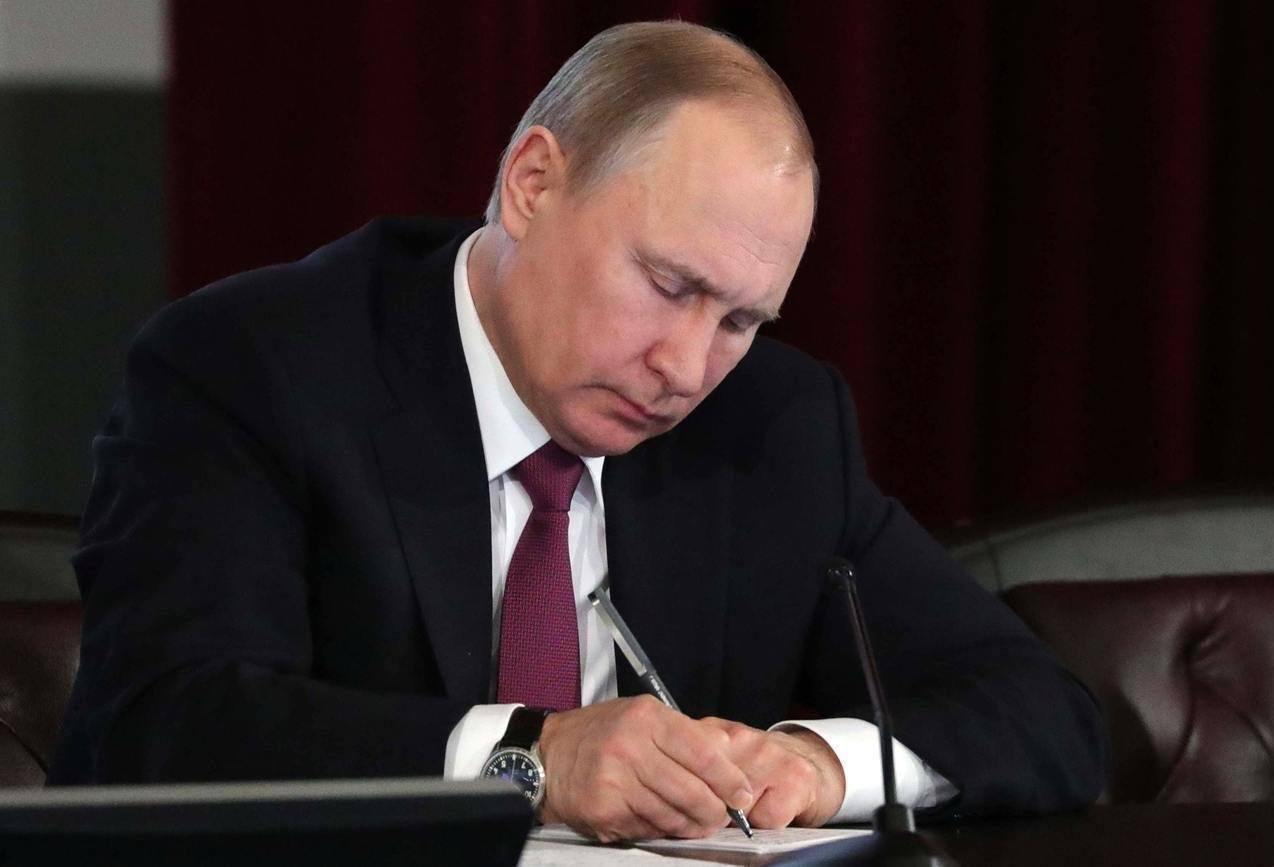
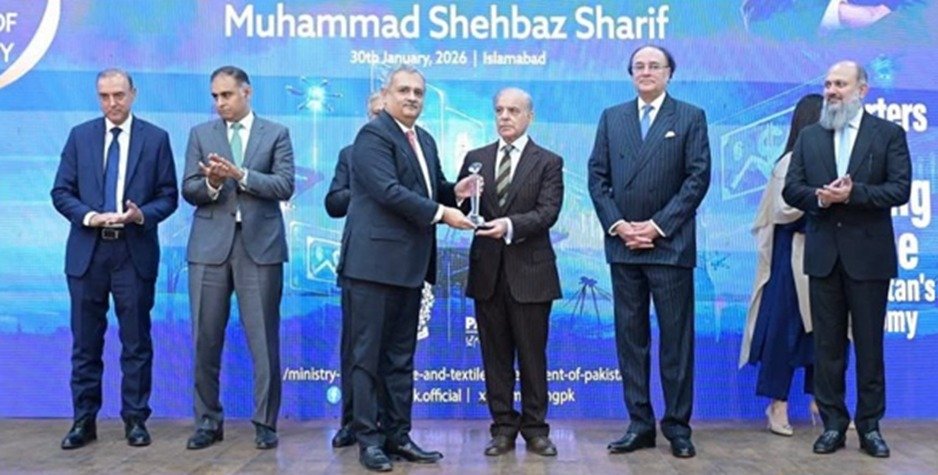
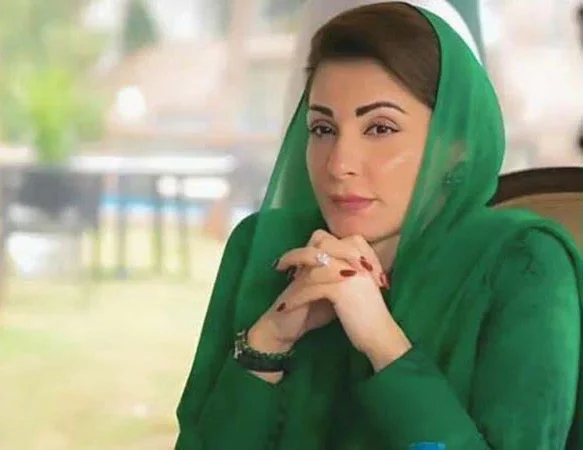
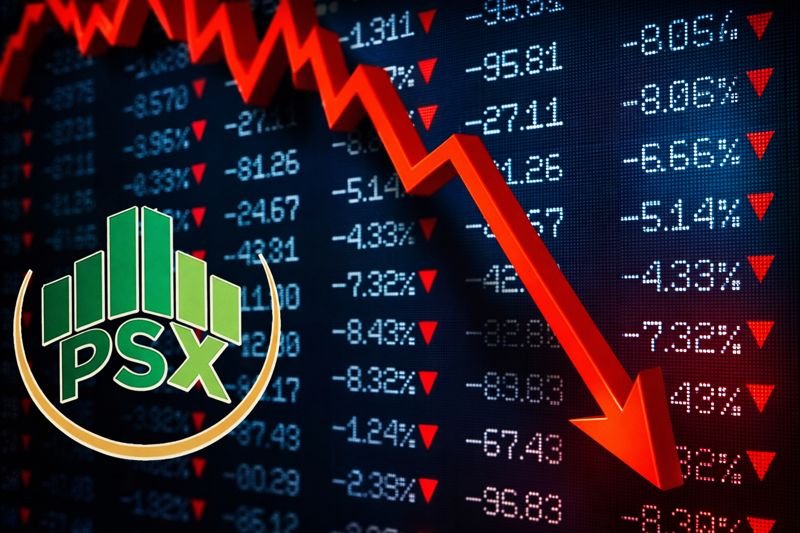
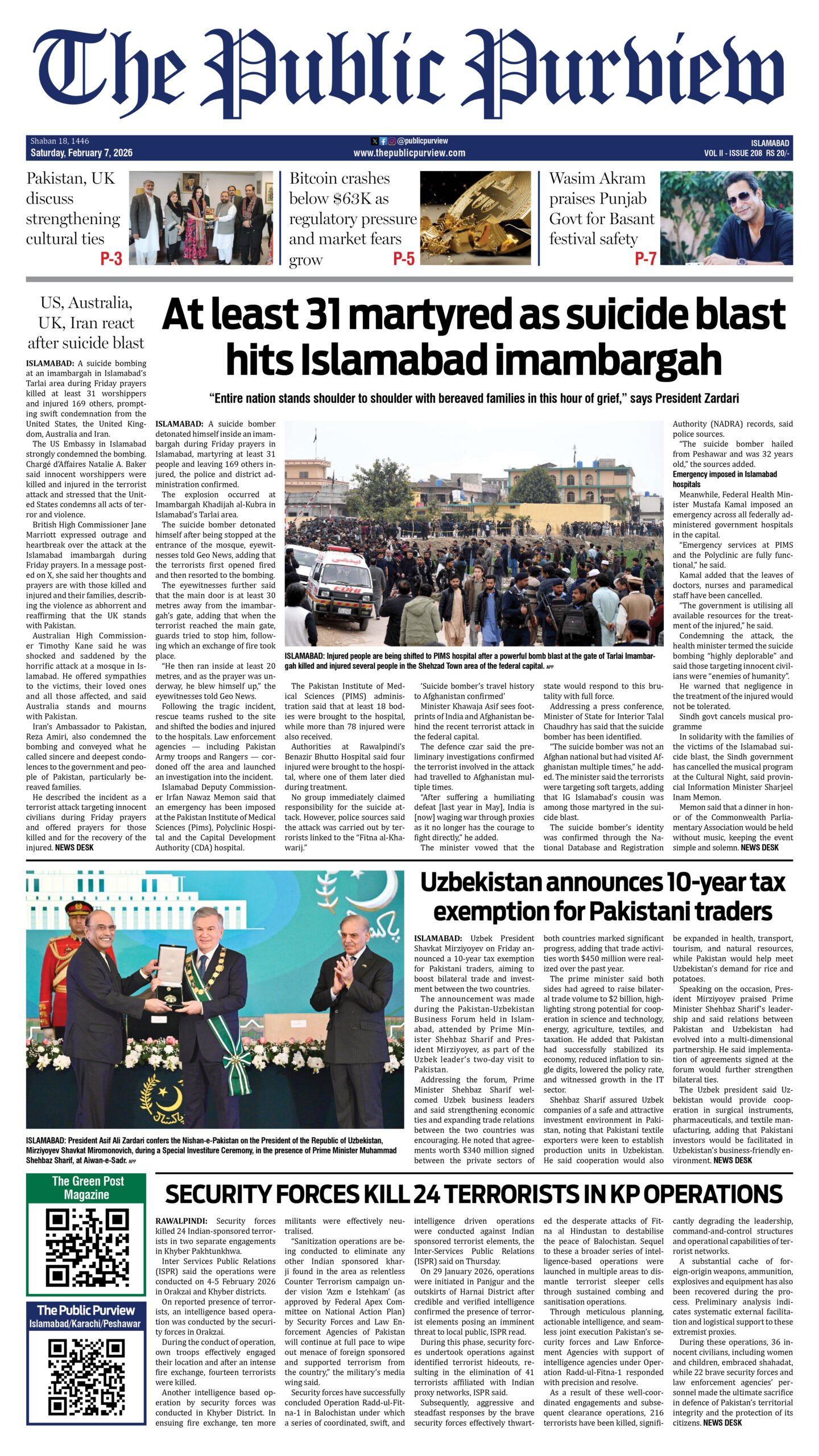 Today's E-Paper
Today's E-Paper